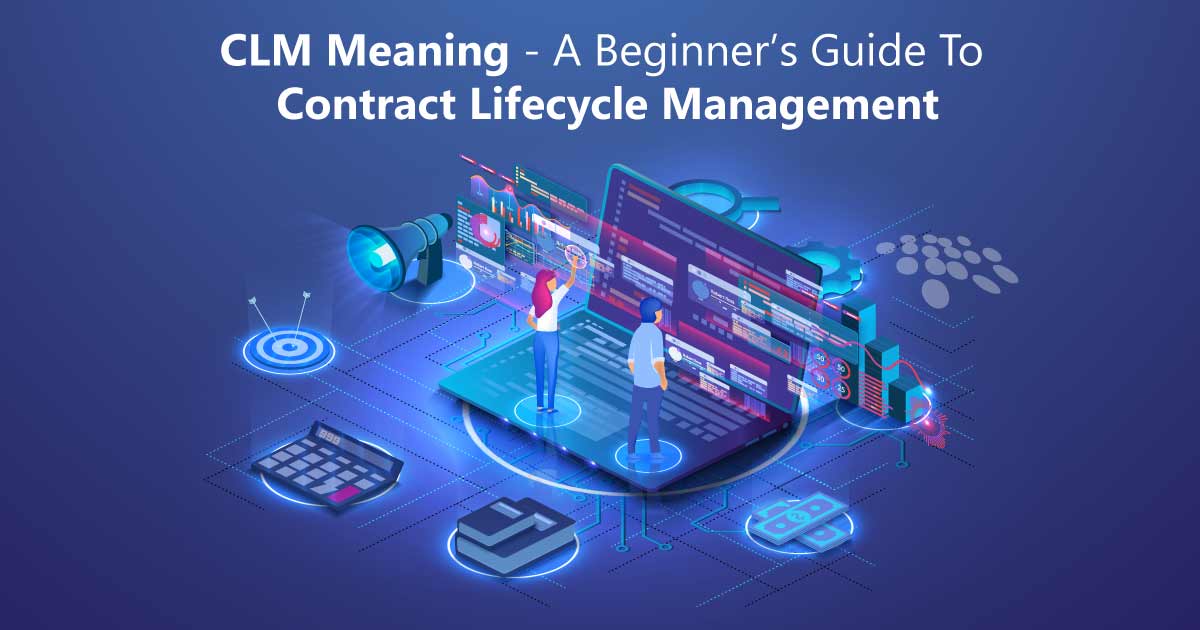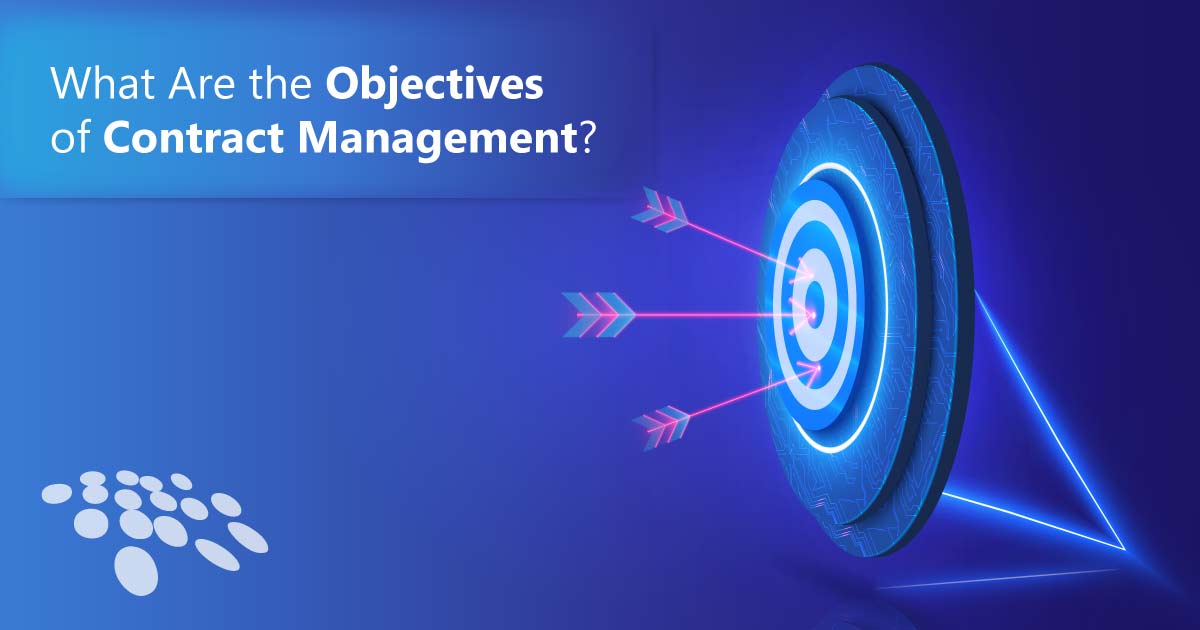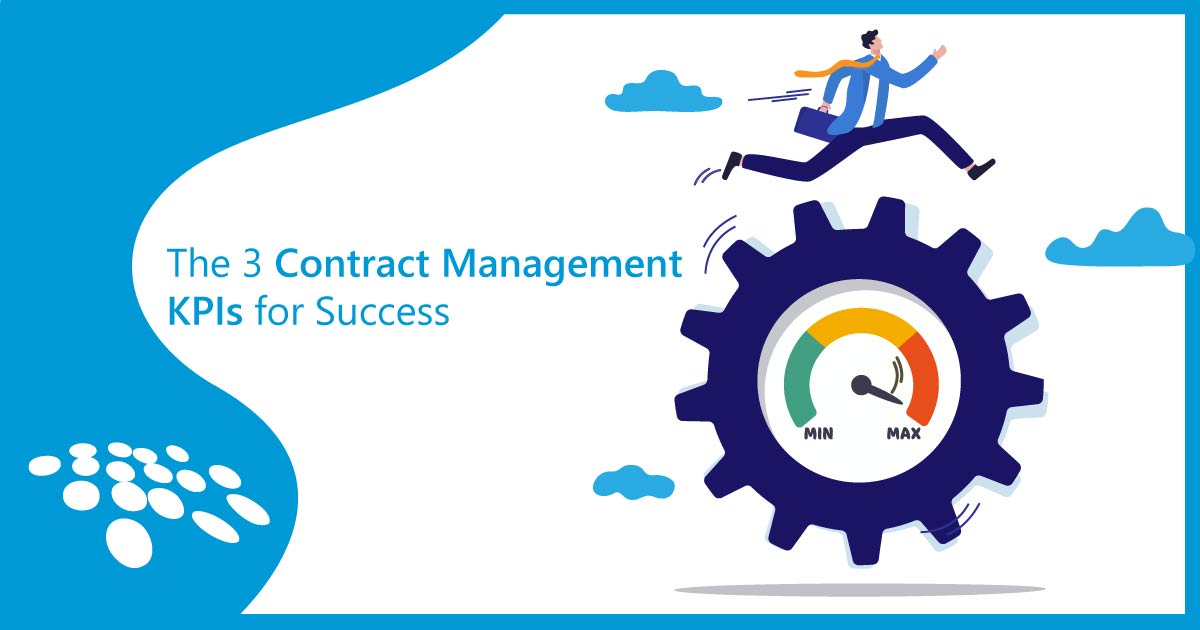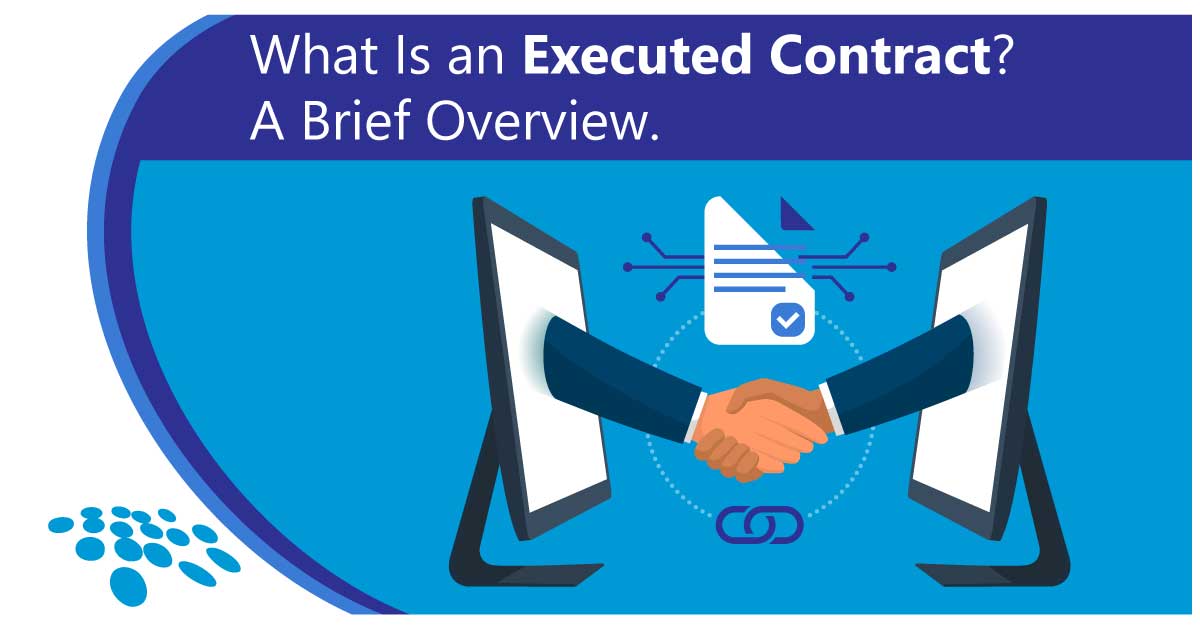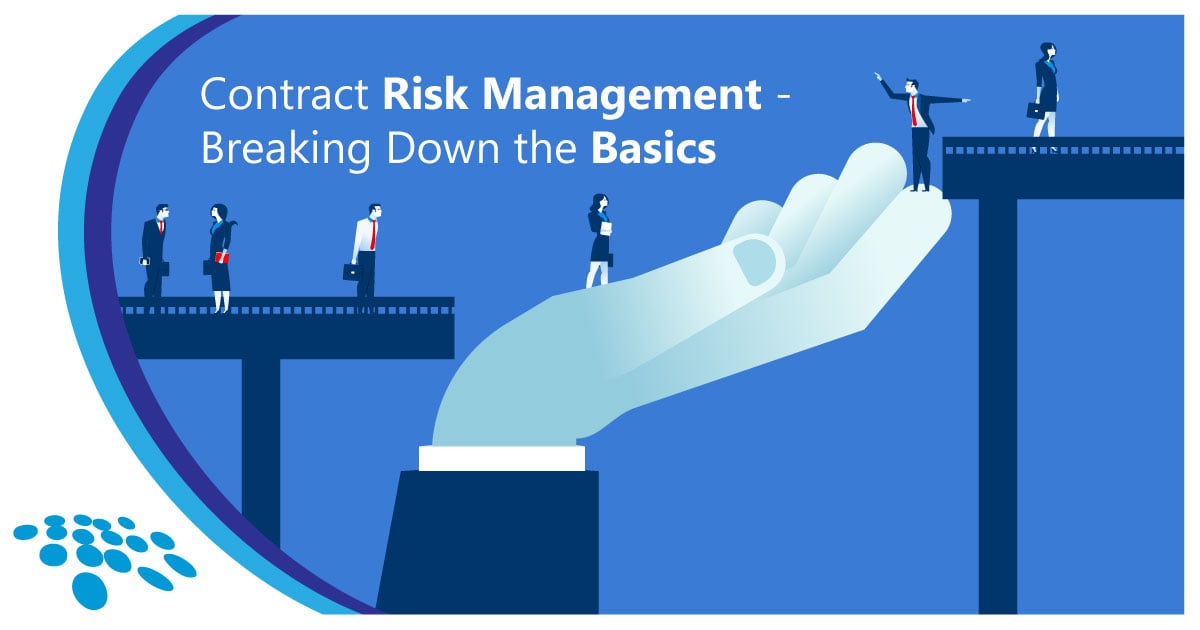Contract management professionals of all types are in the age of digital transformation. Organizations need to correctly leverage contract management tools to adapt successfully. As with any practice, mistakes in contract management are quite possible. Contract management teams leveraging obsolete, manual methods are even more likely to commit CLM errors – resulting in contract lifecycle bottlenecks, missed key dates and milestones, and lost revenue. Mistakes in contract management must be avoided. Read this blog to discover six common mistakes in contract management – and how they can be evaded with the help of contract management software.
6 Mistakes in Contract Management To Avoid
By Sean Heck on 11/17/21
CLM Meaning - A Beginner’s Guide To Contract Lifecycle Management
By Joshua Hansen on 10/6/21
You may have seen or heard the term CLM tossed around in conversations and online. However, perhaps you do not have a comprehensive understanding of what it truly means. Contract management professionals, including general counsel and paralegals, should gain at least some conversance with CLM and how digital contract management software tools can be leveraged for success in contract lifecycle management. Read on to discover an introductory overview of CLM.
What Are the Objectives of Contract Management?
By Jake Luckangelo on 08/11/21
Organizations in both the public and private sectors are experiencing an ever-increasing need to more efficiently manage their contracts as contract volume and contract complexity grow. Each stage in the life of a contract becomes ever more critical as organizations embrace digital transformation to more effectively manage legal operations. Before they can even begin to improve contract lifecycle management, organizations need to have a clear understanding of contract management objectives. In this article, we provide a straightforward examination of the objectives of contract management - as well as how organizations can meet these objectives with user-friendly contract management software.
Contract Obligations Oversight With Contract Management Software
By Sean Heck on 07/26/21
Contract obligations are – to put it simply – the contractual commitments that parties involved in a contract have agreed to entirely satisfy. Successful contract obligation management requires organizations to ensure that they have met the obligations agreed upon in a contract in a timely manner. Unfortunately, manual contract management methods can make the contract lifecycle – which includes contract obligations – confusing, disorganized, decentralized, and almost impossible to handle properly. As such, key dates, milestones, payments, deliverables, and more can be missed. Thus, organizations should avoid the pitfalls of contract management by ditching manual and outdated contract administration processes in favor of robust, user-friendly contract management software.




